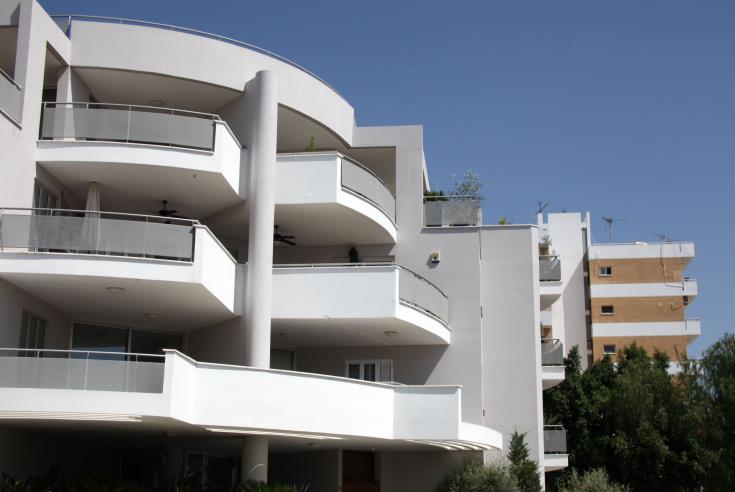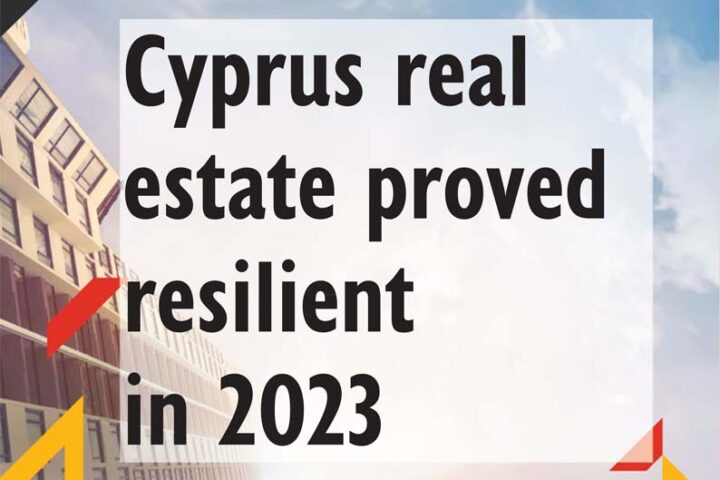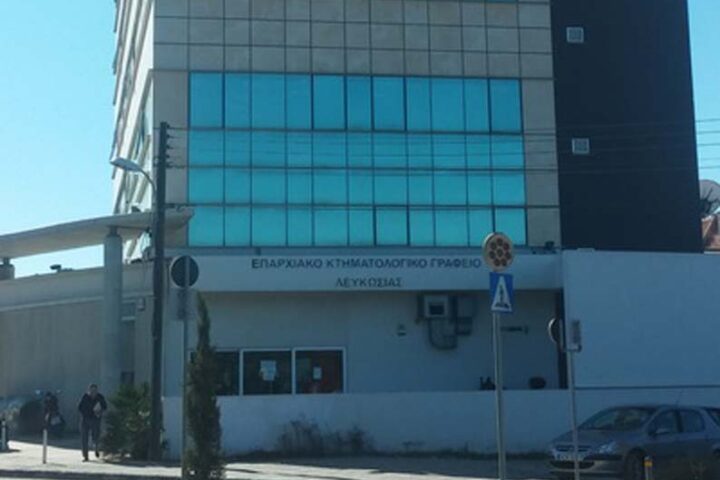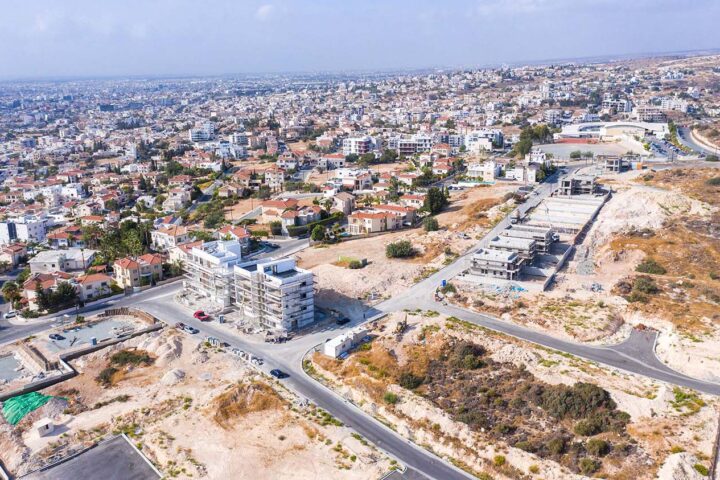In a previous article I reported on the introduction of a new tax on the sale of real estate (which is the responsibility of the seller) and wondered how the Government that aims to restrain the rental and sales prices of mainly residential units, burden this new cost on the price of a property.
It is also a fact that in addition to the market forces of demand and supply, the cost of an investment is relevant to increasing the supply by securing at the same time a satisfactory return, such as from rent.
The Greek Government, that is facing a similar problem as ours (as well as other European countries) is introducing new incentives in order to help increase the supply for rental and sale which could be of some help to Cyprus, which is worth considering.
The Greek proposal is that under the scheme of “refurbishment and rental”, that residential owners, who are prepared to let out their units for at least three years, may be eligible for a state subsidy of €4,000 for refurbishment of at least €10,000 per unit. It applies to units with a maximum covered area of 100 sq.mts. and of value no more than €300,000.
The reasoning is that by increasing the supply it will help restrain the rental and sales price increases, whereas, at the same time, it will improve the housing stock and keep a check on the undeclared income, which is quite common in Greece.
Reading between the lines, the governmental grant will require the provision of security (mortgage) by the beneficial owner of the unit (a major problem if the unit has other burdens on it), whereas the non-payment of rental by tenants is not addressed.
The problem of lack of supply, as we have recorded, exists in most European countries and the Danish government in order to help low-income groups, has allowed the development and use of container type units especially for those locations which are close to higher education establishments.
At the same time other countries, such as the U.K., use river boats tied permanently on riversides, which even with this solution are difficult to find.
We are yet to experience homeless families in Cyprus, whereas the undertaking of erecting commercial housing by local municipalities is all the worst, which will certainly create many problems after completion of the developments.
If one looks closely at the local housing market, especially regarding rental levels, you will note same and embarrassing situations.
Container studios
A recent example that came to our attention in Limassol is the “development” of 12 container type studios (most likely without any permits) rented out for €600 p.m. mainly to foreign immigrant residents. This is most embarrassing and sad, whereas the immigrant housing facilities at the Pournara camp and other such establishments can be regarded as being luxurious by comparison.
Our own approach which was recorded a few times over the last year suggests:
- The reduction of the VAT of 19% to 5% for those properties that are let for a minimum period of 10 years (subject to the discounted safety restrictions such as if a sale of a let property takes place within the 10-year period the recipient of the subsidy to return the subsidised amount in proportion).
- The revision of the unwise minimum building coefficient for housing units by at least 20-30% so that 2-bedroom units could be 70-80 sq.mts. from the prevailing ones of 100 sq.mts.
- The increase of building density of housing zones (for properties for at least 10 years) by 20%(+).
- Statutory tenants not to be protected if a unit is used for this purpose.
It is a difficult situation all around and a package of measures must be introduced in order to address this situation.










